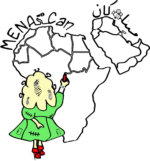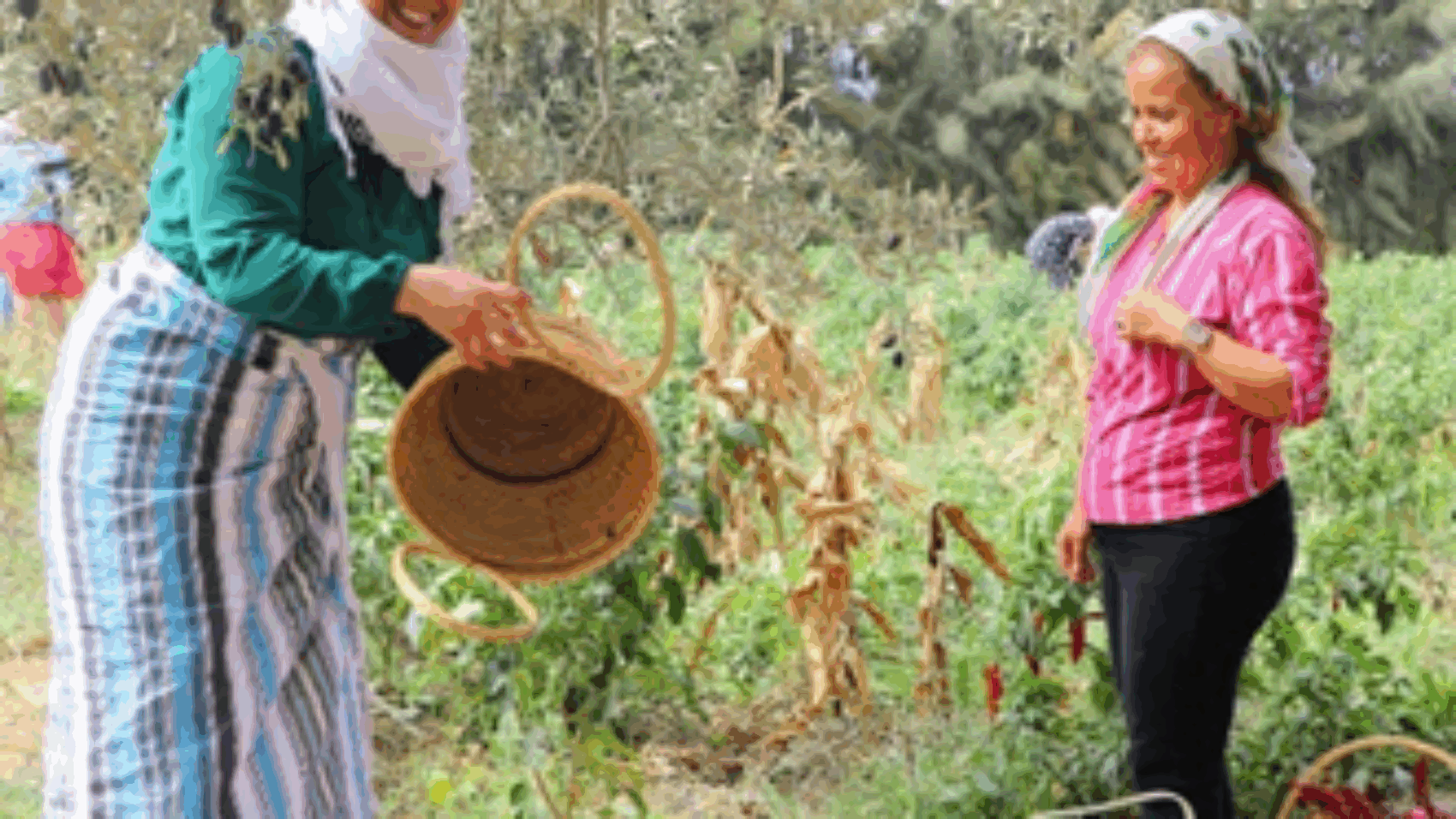Reframing the Narrative: Time for Post-colonial Social Entrepreneurship
As the world grapples with economic crises, climate change, and widening social inequalities, the call for sustainable, community-driven solutions has never been more urgent. Social entrepreneurship has emerged as a promising alternative to failing capitalist systems, offering innovative models that prioritize people and the planet over mere profit. However, social entrepreneurship is often mischaracterized as a recent, Western new economic paradigm.
Historically, its roots run deep; particularly in the Global South, where traditions of community-cantered practices and local sustainability have shaped economic practices for centuries. Recognizing and empowering these homegrown models is essential to not only reclaim the narrative, but to build on existing knowledge and practices that have long sustained communities across the Global South.
Colonization in the Modern Economic System
On the surface, it is tempting to believe that colonialism is a thing of the past. But more closely, the same extractive logic that powered colonization is still defining today’s global economy. As scholars like Ha-Joon Chang and Jason Hickel have argued, today’s global economic system continues to extract resources, labor, and knowledge from the Global South; only now wrapped in the language of “development,” “growth,” and “assistance” (Hickel, 2020).
“The global economy is not broken; it is functioning precisely as it was designed to: to enrich a few at the expense of the many.” – Jason Hickel
Debt-based development models and unequal trade agreements are modern tools of control. Even in the realm of social entrepreneurship, funding and frameworks are often shaped by institutions in the Global North, reinforcing dependency rather than fostering local innovation.
Whose Knowledge Counts? Decolonizing Climate Solutions
Colonialism was never just about occupying land and extracting resources. It also involved controlling knowledge, suppressing local wisdom, and imposing Western frameworks as the only way to understand and solve problems. Today, that legacy still lingers in global policies, economic systems, and even in the fight against climate change.
The imbalance is stark: According to a study published in The Lancet Planetary Health, the Global North—comprising the U.S., Canada, Europe, and other industrialized countries—is responsible for over 92% of excess global carbon emissions (Hickel, 2020). These nations built their wealth on centuries of fossil-fueled industrialization, while the 50 least developed countries account for just 1% of global emissions (UNEP, 2022).
Fig. 1. Responsibility for excess emissions (Hickel, 2020)
And yet, it is these same countries, those least responsible for the crisis, that are now facing the worst impacts of climate change. Recent droughts in Somalia, devastating floods in Pakistan, and desertification in the Sahel exemplify this reality: those with the smallest carbon footprint are paying the highest price.
Throughout the climate crises, Western countries continue to position themselves as “saviors,” pushing technological fixes and finance packages to the Global South, sidelining the deeply rooted ecological wisdom that already exists in these communities.
Challenging Pollution Narratives
While carbon emissions are typically calculated at the point of production (often in the Global South), it is demand from rich countries for fast fashion and cheap electronics that fuels this production in the first place. For instance, over 85% of Bangladesh’s garment exports go to Europe and North America, illustrating how consumption in wealthier countries drive the factories, energy use, and pollution locally (ARC Group, 2024).
As the European Environmental Bureau highlighted in a report, up to 80% of the environmental impact of consumer goods occurs during production(EEB, 2021). Therefore, without addressing the capitalist model that drives overconsumption in wealthier economies, any effort to curb emissions remains incomplete.
This is why climate justice must confront the root causes of excess demand and challenge dominant narratives that place blame on those who produce, rather than those who consume.
Return to Traditional Economies: The Wisdom of the Past for Today’s Challenges
Long before modern frameworks, communities across Africa, Latin America, and the Middle East had their own systems of social enterprise, often grounded in spiritual and community-based values. From regenerative agriculture to water conservation and circular economies, these locally rooted systems reflect generations of resilience and ecological wisdom.
Some examples include:
Ubuntu (Southern Africa): More than just a philosophy, Ubuntu—“I am because we are”—has guided communal ways of life for generations. It encourages interconnectedness, empathy, and shared humanity. In many rural areas, community members still practice collective farming, co-raising children, and shared problem-solving based on Ubuntu values.
Dāna (South Asia): Rooted in Hinduism, Buddhism, and Jainism, Dāna is the ethic of generous giving. It extends beyond charity to include support for schools, temples, food distribution, and communal welfare. Temples and monastic centers in India and Nepal still serve as hubs of welfare, entirely sustained by donations.
In islam, Zakat, one of its five pillars, requires individuals to allocate a fixed portion of their wealth (typically 2.5%) to assist the less fortunate creating a structured system of wealth redistribution. Meanwhile Waqf, a form of charitable endowment, allowed individuals to dedicate their assets, such as land, businesses, or property, for the public good. For centuries, Waqf funded schools, hospitals, water wells, and even trade routes, thereby providing essential services without dependence on the state or external aid.
These traditional practices are the blueprints for economic models that prioritize care, dignity, and equity.
Circular Economy: Ancient Practice, Modern Label
The circular economy is gaining global attention as a response to environmental and economic crises, shifting away from the traditional take-make-dispose model to one that prioritizes reuse, repair, recycling, and regeneration. While the concept is gaining traction, it is not new; many communities, especially in the Global South, have practiced circular economies for centuries.
In Yemen for instance, where economic hardship and resource scarcity have long shaped daily life, sustainability is not a novel concept; it has been a necessity for survival. Latifa, a local entrepreneur, explains:
“What the world now calls the circular economy is something we have always practiced in Yemen. For centuries, our communities have relied on resourcefulness, ensuring nothing goes to waste. We reuse, repurpose, and share; it’s part of our identity, not just a trend.”
Whether through reusing textiles, composting organic waste, or bartering locally made products, the Yemeni way of doing business has always been circular. She explains:
“For our mothers, nothing was thrown away unnecessarily. Even food scraps were either used to feed livestock or composted for farming. Clothes were passed down, repurposed into new garments, or used as household fabrics. We lived in harmony with nature, and that’s exactly what the circular economy promotes today.”
These practices stand in stark contrast to today’s global model of overconsumption. As the world seeks greener alternatives, perhaps the key lies not in scaling these practices globally and integrating them into mainstream economic models.
Fig. 2. Mohamed Taher Al-Sharaiti’s, in his workshop in Tunisia, transforms discarded metal into art
Highlighting Impact through Storytelling
People like Mabrouka Khedir, founder of Cosmos Media in Tunisia, are reclaiming narrative power by documenting traditional agricultural techniques, fishing practices, and women-led sustainability initiatives that have been practiced for centuries yet are often overlooked or undervalued in mainstream narratives. According to her:
“The knowledge exists; we just need to bring it back to the forefront. From farmers using ancient water-saving irrigation methods to fishermen respecting seasonal cycles and women preserving food sustainably, these communities have long mastered sustainable living. Yet, their expertise is often ignored in favour of imported, unsustainable solutions”.
The work of such organizations celebrates not only the heritage but also acts as a living toolkit for climate resilience and social innovation. It shows that sustainability is not a foreign concept but an integral part of the region’s culture that has enabled societies to thrive in the face of adversity.

Fig. 3. “Earth Guardian” program, an initiative of Cosmos Media, featuring women’s role in protecting the planet.
A Call to Action: Reclaim, Rebuild, Reconnect
As we shape new economies, we must avoid repeating the systems that caused today’s crises. Decolonizing social entrepreneurship means rethinking power, centering local knowledge, and grounding solutions in dignity and care. This involves shifting frames of reference, recognizing indigenous expertise, and amplifying the voices of local changemakers rather than simply bringing external solutions. Only then can we build an economy that works for everyone and the planet.


